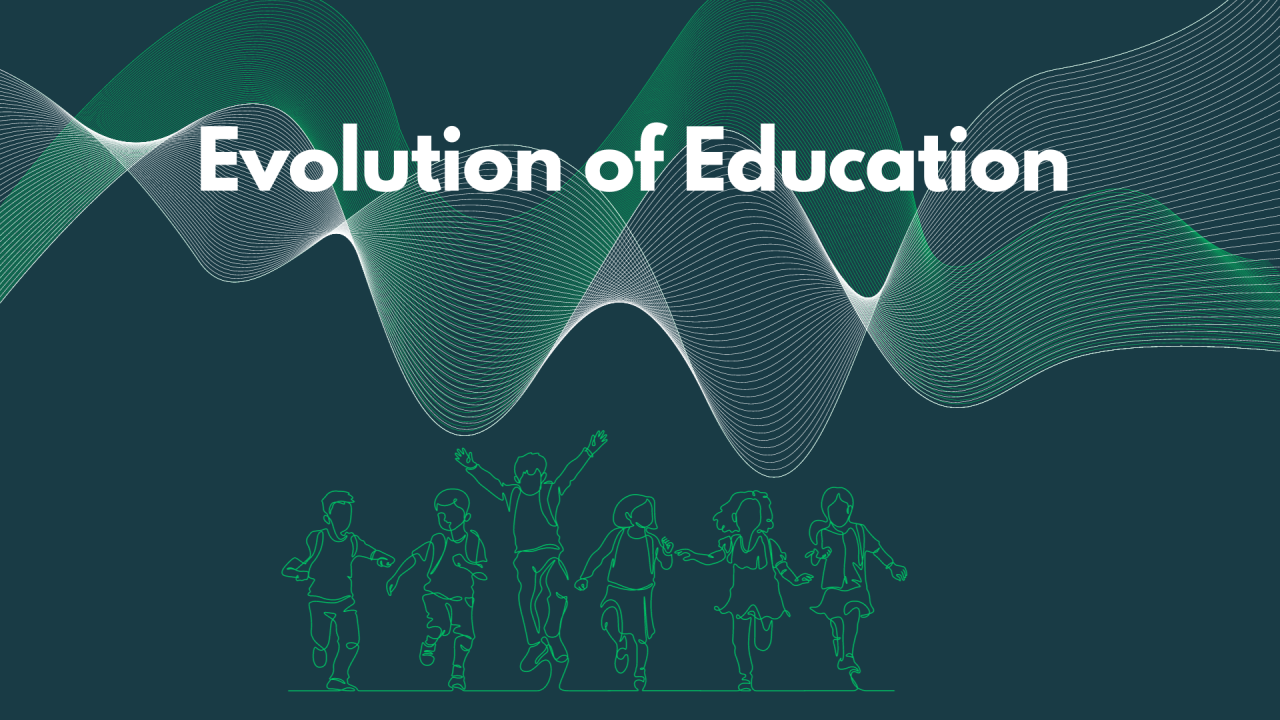
pasecrets.com – The landscape of education is undergoing a profound transformation, driven by the new generation of learners who are reshaping the way we perceive and engage with learning. This transformation is not just about the tools and technologies that have become ubiquitous in the classroom; it’s a fundamental shift in the philosophy, methods, and goals of education. As we stand on the cusp of this educational evolution, it’s crucial to understand the forces at play and the implications for the future of learning.
The Digital Natives: A New Breed of Learners
The new generation, often referred to as ‘digital natives,’ has grown up in a world where technology is omnipresent. Unlike their predecessors, who had to adapt to new technologies, these learners are inherently comfortable with digital tools and platforms. This familiarity is not just about using technology; it’s about integrating it into every aspect of their lives, including learning.
The Shift from Memorization to Application
Traditional education systems have often focused on rote memorization and standardized testing, which prioritize the retention of information over its application. However, the new generation is challenging this approach, advocating for a more hands-on, experiential learning that emphasizes critical thinking, problem-solving, and creativity. This shift is not just about making learning more engaging; it’s about preparing students for a future where adaptability and innovation are key.
The Rise of Personalized Learning
One of the most significant changes brought about by the new generation is the demand for personalized learning experiences. With the advent of educational technology, it’s now possible to tailor the learning process to the individual needs, interests, and learning styles of each student. This approach not only enhances engagement but also accelerates learning by allowing students to progress at their own pace.
The Importance of Soft Skills in the Digital Age
As the job market continues to evolve, employers are increasingly valuing soft skills such as communication, collaboration, and emotional intelligence. Recognizing this, the new generation is pushing for an education system that places equal emphasis on these skills alongside academic knowledge. This holistic approach to learning is essential for nurturing well-rounded individuals who can thrive in a diverse and interconnected world.
The Role of Educators in the New Paradigm
The transformation of education also necessitates a reevaluation of the role of educators. In the new paradigm, teachers are no longer just dispensers of knowledge; they are facilitators of learning, mentors, and guides. This shift requires a different set of skills and a willingness to embrace new teaching methods and technologies. As such, professional development and continuous learning are more important than ever for educators.
Conclusion
The educational evolution being driven by the new generation is not just about updating classrooms with the latest gadgets; it’s about reimagining the very essence of learning. It’s a movement that prioritizes engagement, relevance, and personal growth over outdated models of education. As we move forward, it’s clear that the future of learning is dynamic, personalized, and empowering. By embracing this evolution, we can prepare our students for a world that is constantly changing and ensure that they have the skills and knowledge they need to succeed.
